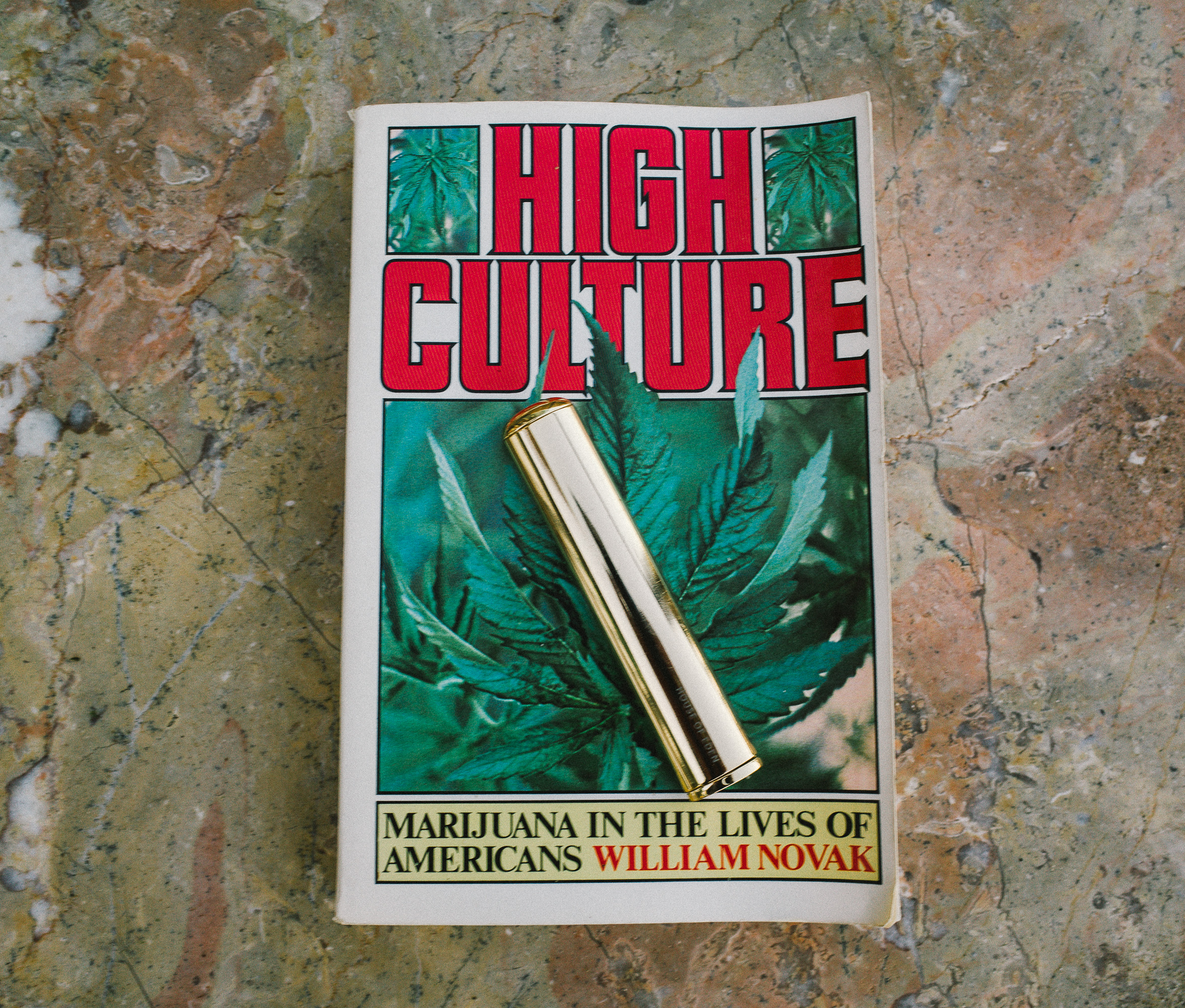Scientists Think This Weed Effect Is Hyped
Made up of hundreds of cannabinoids, cannabis is like the character tree in Game of Thrones: extremely complicated with impossible-to-remember names, and each name, no matter how seemingly random, is essential to the plotline.
That cast of hundreds becomes far more significant when you take into account the entourage effect, the idea that cannabinoids have their greatest therapeutic benefits when they’re taken together, along with terpenes, the fragrant oils found in cannabis. In terms of the big players in cannabinoids, CBD and THC still appear to be the heavy hitters for benefits. But, for example, while research has shown that THC has promise for treating pain, there are a host of related pain symptoms, like anxiety and impacted mood, that THC alone can’t treat—you’d need the rest of the cannabinoids and terpenes in cannabis for those. And CBD has been shown to help with anxiety and inflammation, but, when taken in isolation, one study found it to be less impactful in treating both ailments. (If you need a refresher on what cannabinoids are—and which are the most common ones—we have an explainer here.)
In Western medicine, researchers tend to study single compounds to find the “active” ingredient in botanicals. That ingredient is then isolated to be formulated into a drug. But the entourage effect argues that keeping all ingredients together is better for holistic healing. Single cannabinoids might only help the one or two things they’ve been isolated for, whereas whole cannabis can address many symptoms of illness, like sleep issues, pain, anxiety, and mood.
The entourage effect isn’t limited to cannabinoids—it also encompasses terpenes, the aromatic oils in cannabis. Take linalool, a terpene found in certain strains of cannabis. While there is no science to back it, some claim it helps modulate neurotransmitter systems, aka it may destress you, but isolating it may remove that benefit. Unlikely terpenes, which is a fancy way of saying essential oils actually do anything outside of smell nice but, it hasn’t been disproven. Keeping the plants whole, or isolating cannabinoids and putting them back together in a formula may help you experience the full range of their benefits, which is why many purists in the cannabis industry are against single isolates and concentrates.
How do you know whether something is a single isolate? When you’re buying a CBD product, labels that say “pure CBD” typically mean the brand is using just CBD. It doesn’t mean it’s bad, it just might be less effective and should reflect that in its price. If you don’t live in a state where cannabis is legal, you can still find hemp products that have cannabinoids and THC intact. Hemp naturally has 0.3 to 0.5 percent THC—not enough to get you high, but enough for the entourage effect to come into play. If you want hemp products that are intact, look for those labeled “full-spectrum” and when you do get the CoA, make sure it actually has solid levels of cannabinoids outside of CBD. Many industrially farmed strains do not have high levels of anything but CBD making it more like an isolate, not full spectrum.
While there are dangers with anything that involves the hemp space due to its lack of regulation, when looking at full-spectrum be sure to ask for certificates of analysis or the lab results of your product. Full-spectrum is trendy, but “natural” products sold on the online market can be full of antibiotics from the manure the hemp is grown in, pesticides, fungus and heavy metals. Because of the impact of farming and lack of regulation, more research is going into the impact of isolating cannabinoids like THC, CBD and more minor cannabinoids like CBC and CBG and mixing them back together to create a more precise “entourage effect.”
The entourage effect isn’t fully backed by science because in the U.S., there hasn’t been any research around it. Both the hurdles around obtaining cannabis for research and Western medicine’s penchant to isolate single compounds in pharmacology present barriers to testing. Currently, the theory is supported by a study in Israel, as well as overwhelming anecdotal evidence, both of which found cannabis to be better therapeutically when taken with multiple cannabinoids or as a whole. While the jury is still out, it can’t hurt to consider the entourage effect when you’re looking at products. As with all things cannabis, if you’re in a legal state, talk to you doctor and see what feels right for you. And until science fully proves or disproves the theory, we’ll keep doing what feels nice.

